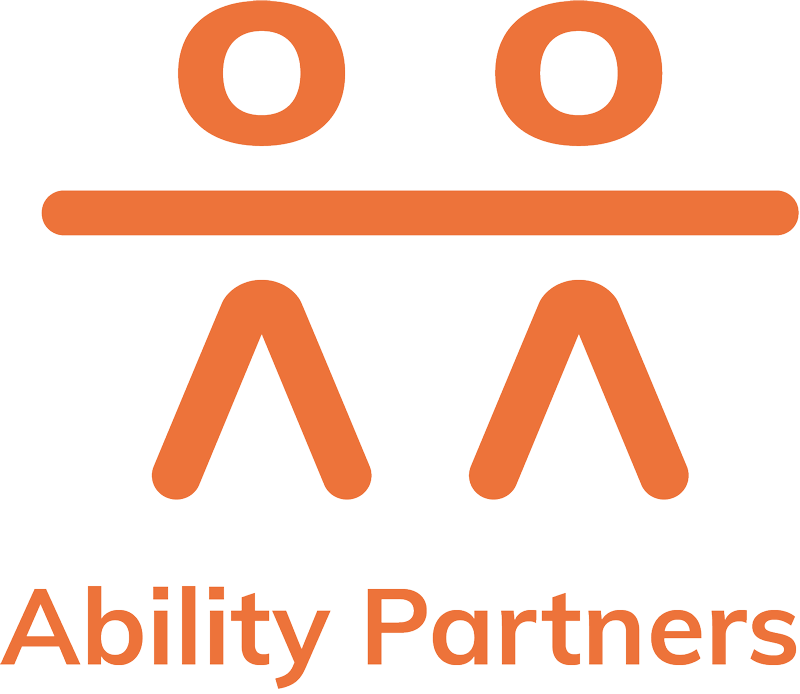Helping a participant manage their schizophrenia
Ability Partners Therapist Ken Lim helped his NDIS participant Bruce* manage his schizophrenia and achieve his goals of reducing his hallucinations.
Ken’s approach to therapy is never to judge anyone.
“I treat them like a human being and provide them with the respect they deserve, regardless of their presentation and past history,” says Ken.
This approach helps Ken establish a rapport with his participants, as demonstrated in his relationship and results with Bruce.
Background
Ken was previously working with another provider when Bruce was referred by his Coordinator of Supports (CoS) in the middle of 2021 for regular psychological counselling.
In March 2022, Ken decided to make the (right) move to Ability Partners. Ken and Bruce had established such a great rapport that Bruce wanted to continue seeing Ken as he was really helping him achieve his goals.
Bruce has been living with schizophrenia and had some past traumatic experiences of physical abuse. However, Bruce did not meet the diagnostic criteria for post-traumatic stress disorder (PTSD).
For someone to be diagnosed with PTSD, there are a lot of debilitating symptoms they have to present with.
As Ken explained, “Bruce was getting nightmares on and off and when he went to the place where the abuse occurred, he was not triggered. As such, he did not meet the criteria.”
How Ability Partners helped
Ken saw Bruce face-to-face on a weekly basis at his residence, providing a combination of Cognitive Behavioural Therapy for Psychosis (CBT-p), Trauma-focused Cognitive Behavioural Therapy (TF-CBT) and Dialectical Behavioural Therapy (DBT).
Part of CBT is determining alternative ways of look at a situation and reframing your thinking. One of the exercises Ken used was Socratic Questioning.
Socratic Questioning involves evaluating the evidence of your thoughts and coming up with more adaptive ways of thinking about the situation. Ken asked a series of questions to evaluate the accuracy of Bruce’s unhelpful thoughts. Furthermore, he then asked another set of questions to challenge the completeness and accuracy of Bruce’s thinking.
Bruce was encouraged to ask himself; If something is partially true, what can I do in this situation? Should I continue thinking in this way or think in a more positive way?
Even during lockdown, Ken was able to continue seeing Bruce at his home.
“We maintained social distancing and wore masks. During lockdown is when people like Bruce especially need face-to-face support as they can be so isolated, and telehealth isn’t as beneficial in those situations,” explains Ken.
The result
Recently, Bruce shared with Ken that his psychological distress due to his hallucinations has reduced from “severe” to “mild” and he has only been experiencing them less than once a month.
Bruce also no longer feels significantly distressed by his past trauma. Finally, he has been more active with his community engagement (cycling, fishing, gardening, shopping, etc.) and is keen to obtain paid employment on a casual basis.
Ken now sees Bruce on a monthly basis, and it is hoped that he will soon be discharged from psychology treatment.
Psychology and counselling at Ability Partners
Our Psychologists and Counsellors are here to support you in achieving your most important goals. Our job is to listen and to understand what you need, create a plan with you and support you to build independence and bring about positive change in your life.
If you have a participant who needs counselling, make a referral today. We endeavour to get back to all enquiries within 24 hours.


